Cattle rearing and dairying are vocations that have been traditionally centred around women, with the latter, estimated to account for as much as 85% of India’s animal husbandry. On an average, a woman with a milch animal spends more than two-and a half hours daily in its feeding, watering, cleaning, milking, and grazing. Often the responsibility of children under their mother’s keen supervision, consumes additional time and energy. The country’s over 90,000 DCSs pump in over Rs. 3500 crores every year to its to million odd farmer members, but only 20% of these members comprise women. This tantamount to violation of a cardinal principle of cooperation, ’membership should be confined to actual users and not relatives of users’. If the groundwork is being laid by women, ought not the bounty too be their legitimate accrual? Women’s dairy project (WDP), launched in 1986 as part of the Support to Training and Employment Program for women (STEP) of the Department of women and Child Development, Ministry of Human Resources Development, Government of India has made headway in imparting a pragmatic orientation to the idea that products and income from dairying can be controlled by women. A number of state level dairy federations (Andhra Pradesh, Bihar, Madhya Pradesh, Maharashtra, Orissa, Karnataka, Rajasthan, Uttaranchal, Uttar Pradesh, West Bengal, etc.) took up organizing WDCSs under STEP program Rajasthan Cooperative Dairy Federation has received Rs. 14.42 crores to implement six phases of women dairy projects in the state. Phase 1 covered seven milk unions and a variety of performance indicators, both measure the progress achieved due to implementation of WDP.
Evaluation of Women Dairy Project in Rajasthan
by V.M. Rao
$22.50
$25.00
In stock
Free & Quick Delivery Worldwide
All orders amounting to US$ 50 or more qualify for Free Delivery Worldwide. For orders less than US$ 50, we offer Standard Delivery at $14 per book.
ABOUT THE AUTHOR V.M. Rao
V.M. Rao (b. 1954) holds a doctorate in Dairy Economics and is currently working as Professor and HOD, Department of Research and Publications at Vaikunth Mehta National Institute of Cooperative Management, Pune. He has earlier worked with National Institute of Rural Development, Hyderabad (1984-88), Ahmedabad (1988-92). On a British Council’s fellowship, Prof. Rao visited Belgium, France, Luxembourg, the Netherlands, and United Kingdom. He has authored/co-authored six books: (a) Dairy Framing Socio-Economic analysis of Milk Production (1991), (b) Castor Economy: A Profile and analysis of India and International Market (1991), (c) International Castor Oil Market: An Econometric Analysis (1994), (d) Developing Agro Enterprises Among Farm Women: A Case of Amul (2000), (e) Empowering Farm Women through Dairy Cooperatives: A Study in Andhra Pradesh and Karnataka (2003), and (f) Socio-Economic Status of Tribal women in Arunachal Pradesh (2003). Besides these books, he has published over 60 research papers in various professional journals/books. Dr. Rao also participated in a number of national and international seminars/conferences. His areas of interest are (a) animal husbandry economics, (b) agri-business management, and (c) gender related issues. He has completed 19 research studies sponsored by Government of India, ICSSR, and other state governments in the above areas during 1980-02. Currently, he is engaged in (a) integrating tribal women into cooperative: an experience of Girijan cooperative corporation, (b) impact of women dairy project in Orissa, and (c) impact of women dairy project (Phase 4) in Bihar.
reviews
0 in total
Review by Anonymous
Be the first to review “Evaluation of Women Dairy Project in Rajasthan” Cancel reply
You must be logged in to post a review.
Bibliographic information
Title
Evaluation of Women Dairy Project in Rajasthan
Author
Edition
1st ed.
Publisher
ISBN
8187498854
Length
x+142p., Figures; Tables; 23cm.
Subjects
more by V.M. Rao see more
similar bookssee more
Advances in Seafood Biochemistry
$117.00
$130.00

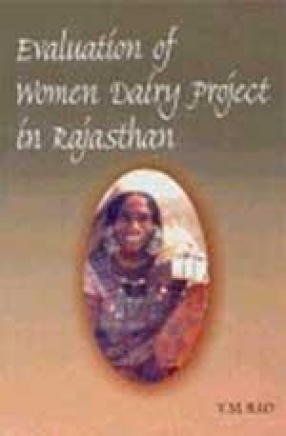
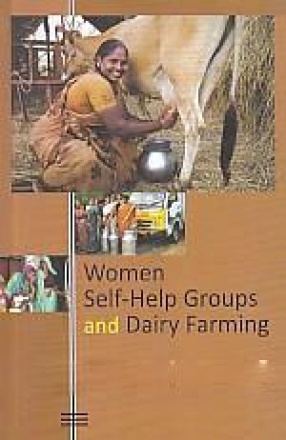
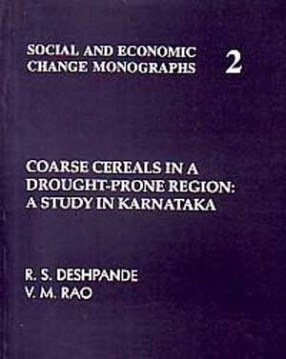
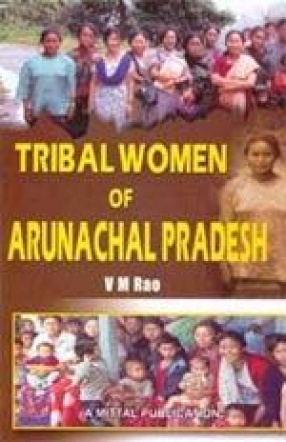
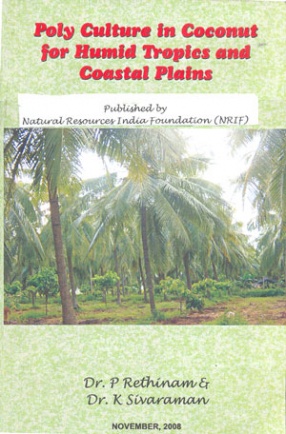
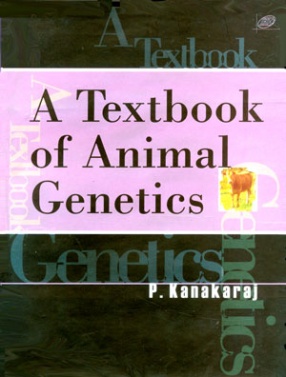
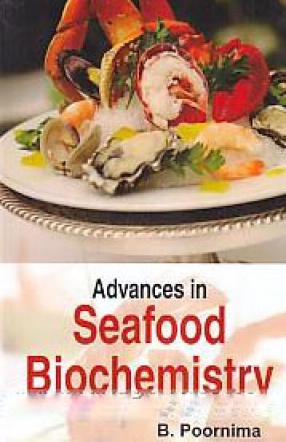
There are no reviews yet.